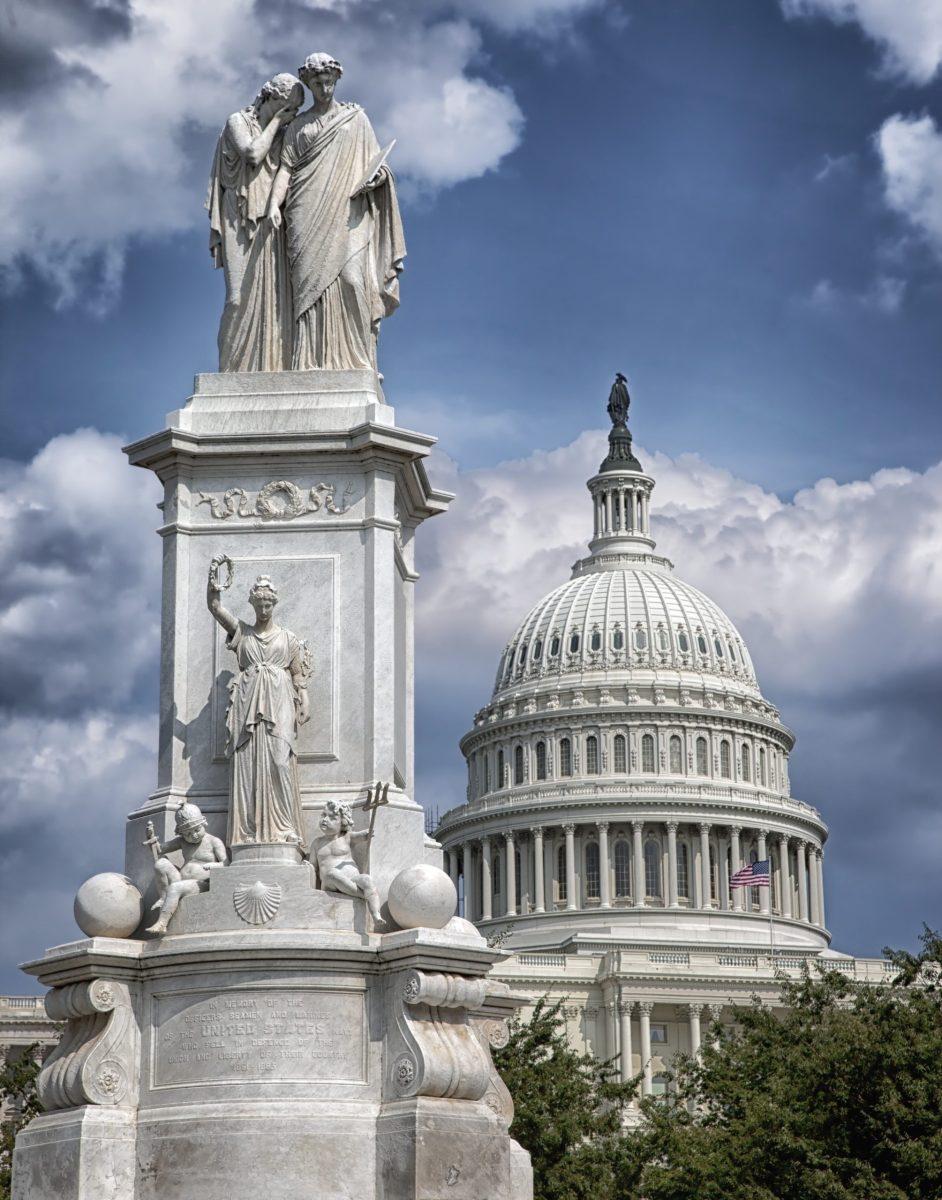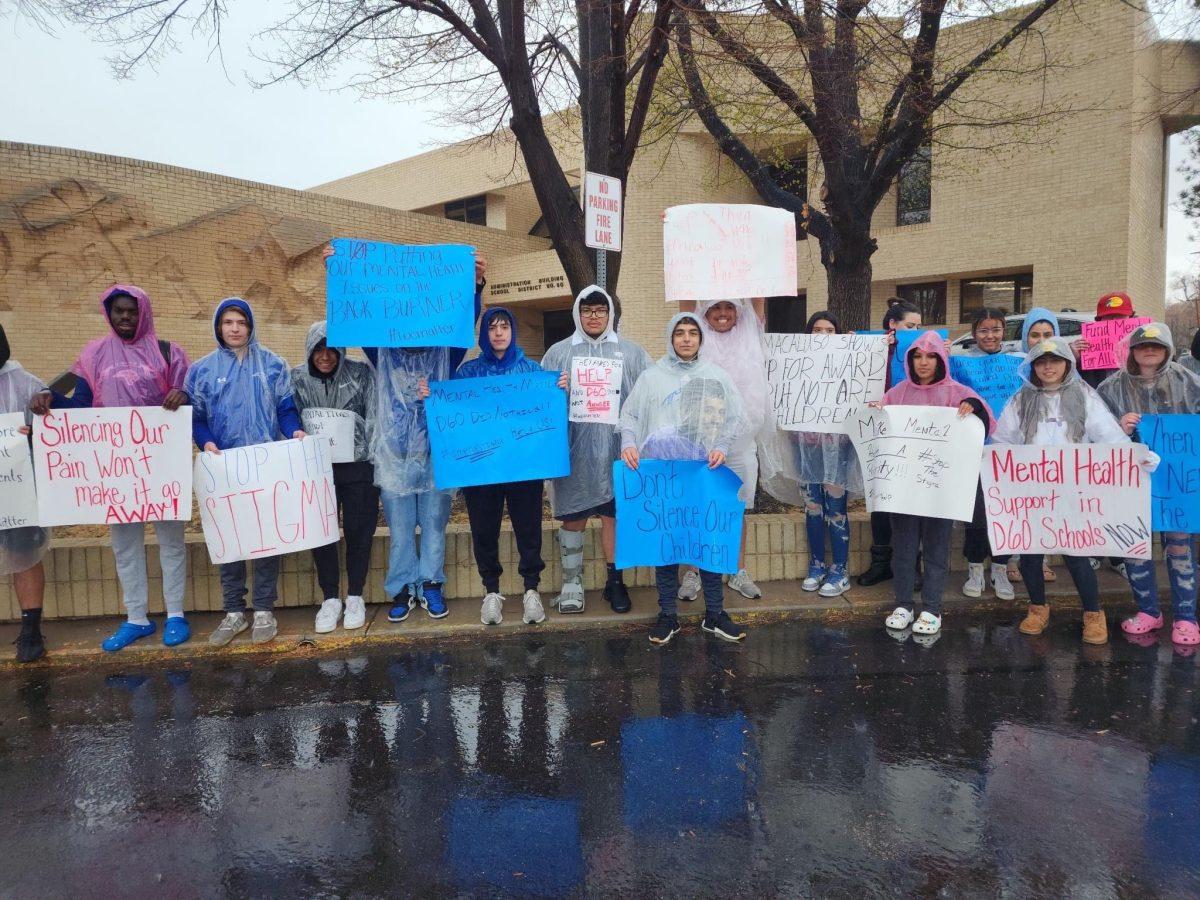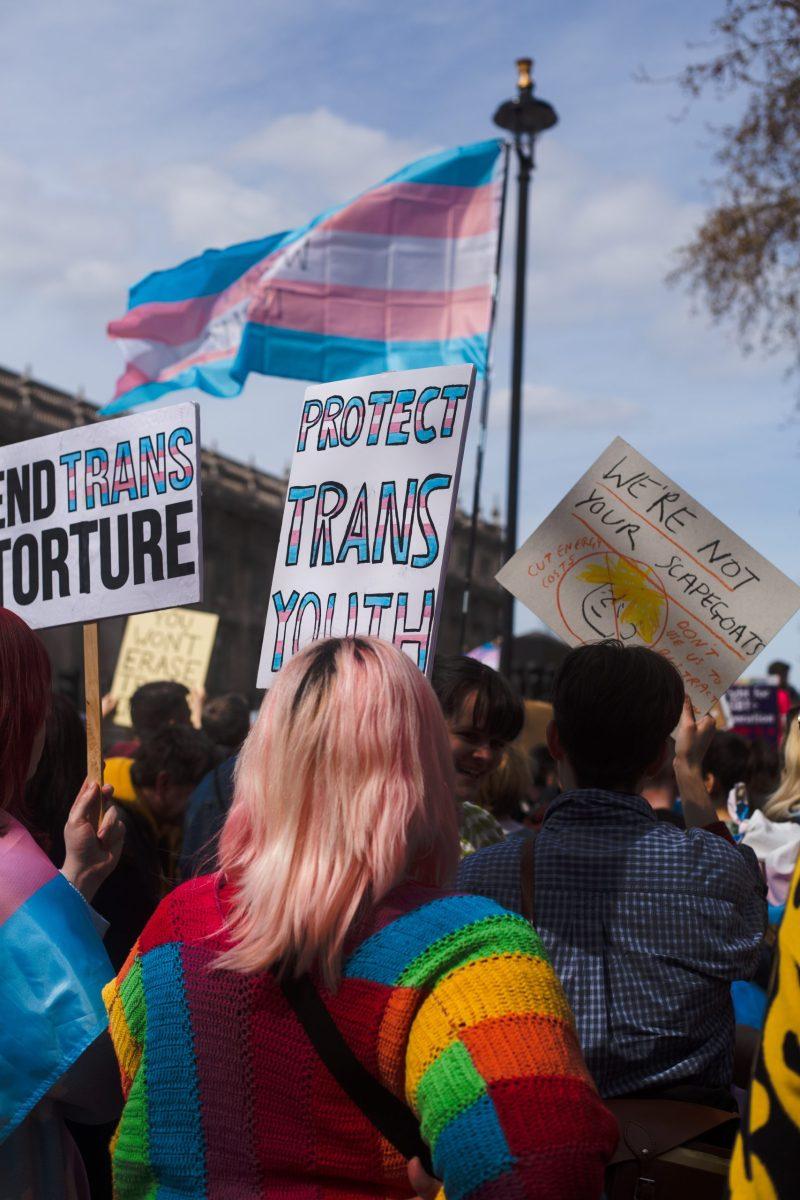By Julian Volk
“I’m tired of this separation of church and state junk,” said Colorado’s District 3 representative, Rep. Lauren Boebert, in June of 2022, calling for the abolishment of the first clause of the Bill of Rights that states, “Congress shall make no law respecting an establishment of religion.” These standpoints from famous politicians have created the rise of Christian nationalism in the United States.
The beliefs behind Christian nationalism are that America, as a nation, is outlined by its Christian roots and that the government should strive to keep said roots intact as the nation’s base. These beliefs come from an “Anglo-protestant” past, which, if not preserved, Christian nationalists claim America will lose its identity and freedom and overall become cultureless, according to Paul D. Miller of Christianity Today.
“That is not my understanding of Christianity,” states Rev. Dr. Ashley Cleere, a Congregational pastor, “…or my understanding of the founding of the United States.” As a Congregationalist, Cleere believes fully in the freedom of religious expression in the U.S.
So where does the ideology of Christian nationalism begin to become harmful to the women of the United States? The first real notion of how significant the growth of Christian nationalism was the overturning of Roe v. Wade on June 24, 2022. The overturning meant the federal government no longer had jurisdiction over banning abortion in states, leading to the unavailability of abortion in 18 states with either a total or a time-sensitive ban.
“If the government is going to legislate on those issues, they should not legislate on a connection to faith,” says Cleere, “It’s not the place of the government to make connections between faith and personal choice. That is a risk that’s happening.”
Thomas Jefferson, one of the main contributors to the U.S. Constitution, said in 1808, “Erecting the wall between church and state is essential in a free society.” So why do Christian nationalists still urge to tear down that wall when it only builds up another one between America and its people?
Rev. Beth Tipton, a Methodist pastor, said, “I think in their (Christian nationalists) minds, it’s (religion and power) all tied together; What they believe is that God has empowered them to be leaders and people should be submissive to that, particularly women.” Rev. Tipton goes on to explain that she doesn’t believe that Christian nationalist leaders are “power hungry,” but that it is their idea on how the world around them should operate. So, the views of these leaders, in their minds, are not out of malicious intent. They instead believe that they were chosen to lead through God’s will. However, bad intent or not, these ideologies are still harmful.
Tipton, when asked about the effect that Christian nationalism has on women, said, “Christian nationalism has taken on an ideological form of Christianity that is based in a history of patriarchy.” The history of patriarchy in Christianity can be traced back to Pope Gregory in 591 A.D. when he defined Mary Magdalene as a prostitute. The reasoning for the defamation of Mary Magdalene began when Pope Gregory melded her likeness with another Mary from the Bible, the sister of Lazarus, and the inclusion of an “unnamed adulteress” in the story. His mistake quickly distorted reality, and the story of “Mary Magdalene the Prostitute” stuck.
Another issue arises when Paul speaks on ‘headship” in the Bible. “We don’t really even understand what that means,” says Tipton, “but it’s some attempt to create some systemic order.” Christian nationalists cling to the idea that Paul meant that men are the headship in society, which directly affects women in power, and has even threatened both Rev. Tipton’s and Rev. Cleere’s careers. “I was ordained in 1991, and as a woman, I am tired of that being an issue,” said Rev. Cleere.
But how can we stop these views from becoming more popular than they already are? Of course, we can vote against the politicians who have popularized Christian nationalism, but we have to think deeper. One idea that Rev. Tipton states is, “It’s not taking the Bible literally, it’s that they (Christian nationalists) should actually read it.”










